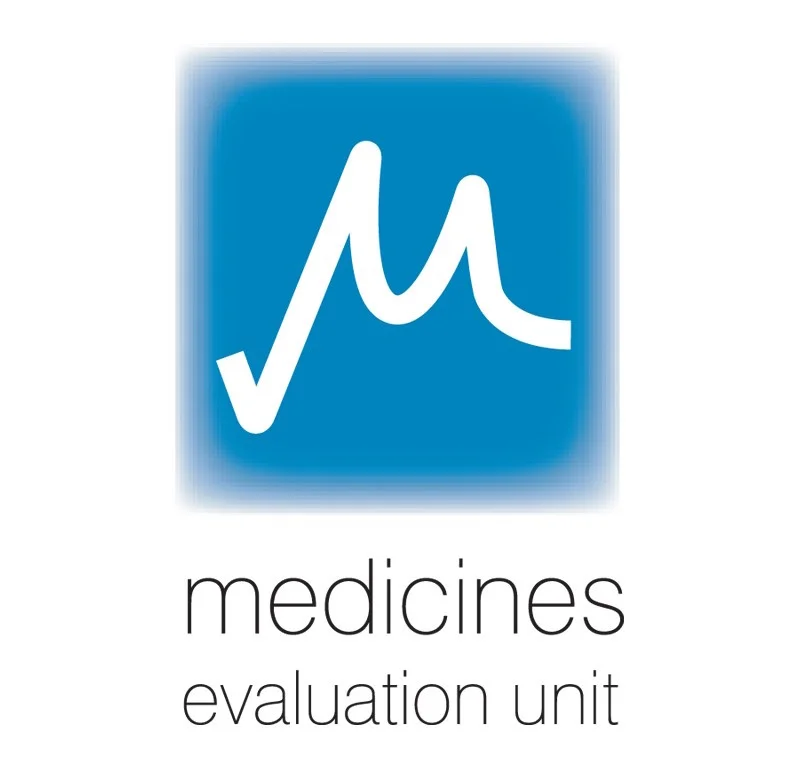MEU Research into COPD and the response to the Covid-19 Vaccine

COPD patients respond equally well to COVID-19 vaccine
A study which tested the immune response of COPD patients to COVID-19 vaccination has shown they respond in a similar way to healthy people.
The findings by scientists from The Medicines Evaluation Unit ltd, with support from the University of Manchester, has been published as a research letter in the European Respiratory Journal and are good news for patients with the common condition.
Chronic obstructive pulmonary disease, or COPD, makes it difficult for air to get in and out of the lungs causing breathlessness, coughing and frequent chest infections.
According to the British lung Foundation, an estimated 1.2 million people are living with diagnosed COPD in the UK, making it the second most common lung disease in the UK, after asthma.
Around 2% of the whole population and 4.5% of all people aged over 40 live with diagnosed COPD.
COPD patients have a higher risk of developing severe illness and mortality following COVID-19 infection.
As COPD patients are known to have a reduced immune response, doctors feared COVID-19 vaccination might be less effective on them.
The scientists compared the SARS-COV-2 vaccine-specific immune responses in COPD patients with healthy people, using blood, nasal and airway samples.
Vaccinated individuals, who had never been infected with COVID-19, donated samples more than two weeks after completing two doses of either the Oxford-AstraZeneca or Pfizer vaccine.
Samples were analysed from 27 vaccinated individuals: 11 with COPD and 16 healthy; and 43 pre-vaccinated individuals: 24 with COPD and 19 healthy.
COVID-19 vaccines work in slightly different ways, but all expose our immune system to the spike protein of SARS-CoV-2, which coats the virus particle and is essential for infecting our cells. Immune responses to the vaccine spike protein were analysed, including levels of IgG and IgA antibodies, and T-cell responses.
Both vaccinated COPD patients and healthy individuals had higher anti-spike protein IgG antibody levels in plasma and airways compared to unvaccinated COPD patients and healthy individuals, with the level of vaccine-induced responses being similar in COPD patients and healthy subjects.
Dr Thomas Southworth, Senior Scientist at the Medicines Evaluation Unit Ltd, said: “The results of this study will be a great relief for patients with COPD who can rest assured they can derive protection from COVID-19 vaccination, despite an impaired immune system.
Vaccination did not induce a sustained IgA antibody response in the airways of either COPD patients or healthy subjects. IgA antibodies act to block viral infections as they initially enter our nose and airways.
Future vaccines, which do induce sustained anti-SARS-COV-2 IgA antibody responses in the upper airways, may offer additional protection for both COPD patients and healthy individuals equally.
